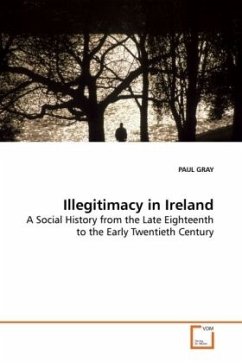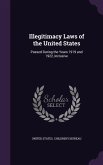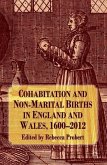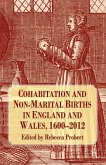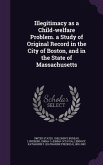This study examines illegitimacy in Ireland from the
late eighteenth to the early twentieth century. It
has been undertaken against a backdrop of shifts in
social policy in the United Kingdom where single
mothers and their children have assumed a major
significance. Concerns over the family, children, and
deviations from sexual and social norms, are
recurring themes in social history and it may not be
too great an expectation that the past may
illuminate, however dimly, areas of current debate.
This study presents a general overview of the
literature on illegitimacy including the available
Irish literature. It also presents data obtained from
Presbyterian church courts in the eighteenth century
and a quantitative analysis of parish register
material on illegitimacy and pre-nuptial pregnancy in
the nineteenth century. In addition, evidence is
examined in relation to other important topics
concerning illegitimacy such as regional persistence
and also the workhouse. The study will be of great
interest to social historians, researchers, social
policy makers, and those who study the history of the
family, sexuality, welfare, poverty, and the social
history of Ireland generally.
late eighteenth to the early twentieth century. It
has been undertaken against a backdrop of shifts in
social policy in the United Kingdom where single
mothers and their children have assumed a major
significance. Concerns over the family, children, and
deviations from sexual and social norms, are
recurring themes in social history and it may not be
too great an expectation that the past may
illuminate, however dimly, areas of current debate.
This study presents a general overview of the
literature on illegitimacy including the available
Irish literature. It also presents data obtained from
Presbyterian church courts in the eighteenth century
and a quantitative analysis of parish register
material on illegitimacy and pre-nuptial pregnancy in
the nineteenth century. In addition, evidence is
examined in relation to other important topics
concerning illegitimacy such as regional persistence
and also the workhouse. The study will be of great
interest to social historians, researchers, social
policy makers, and those who study the history of the
family, sexuality, welfare, poverty, and the social
history of Ireland generally.

